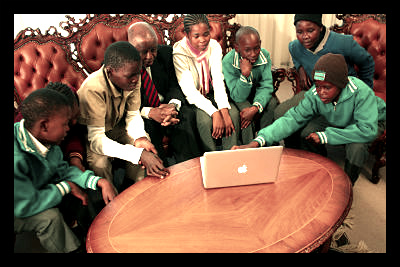Education in Botswana

Botswana’s government is making education one of its top priorities, hoping to increase educational opportunities for generations to come. The Ministry of Botswana Education has been doing a commendable job since the independence of the country. The Ministry of Botswana Education is responsible for the overall growth in the number of students of all stages in Botswana.
Students begin primary school at age six and are allowed to continue secondary school until completion at age 17. Education in Botswana is free for students for the first 10 years, which is after the completion of middle school.
The Ministry hopes to see Botswana thrive in educational opportunities and become an advanced, innovative African country in the near future. The educational system in Botswana is guided by four main principles: democracy, development, self-reliance and unity.
In January 2014, The Ministry of Education and the World Bank Group hosted a workshop for Botswanan policy makers that focused on economic growth and utilizing competitive skills. Education is one of the six key points in the Vision 2016 and National Development Plan10, established to support Botswana’s economic growth and diversification. The public investment in education is high, reaching more than 9 percent of the country’s GDP.
Nearly 86 percent of the children in Botswana attend primary school, but that rate drops to just 35 percent of children who attend secondary school. As the children reach adolescent age and early adulthood, many take over family farming duties or in-house chores and duties, such as caring for sick or elderly members or children.
Botswana hopes to see education usher in a new age for the country, an age that promises security and a productive, prosperous, innovative society.
– Alaina Grote
Sources: Maps of the World, World Bank, UNICEF, BBC
Photo: Flickr
